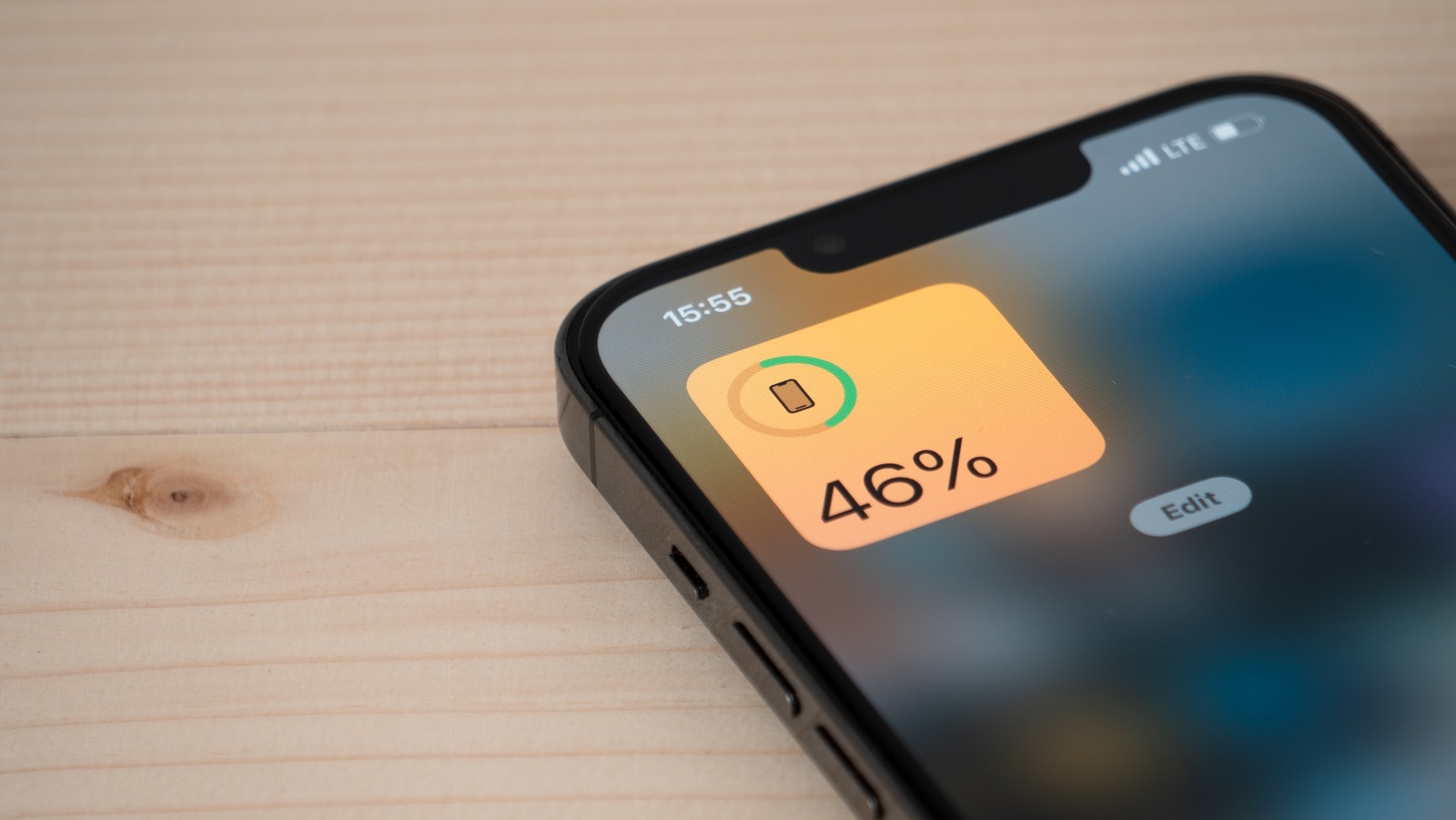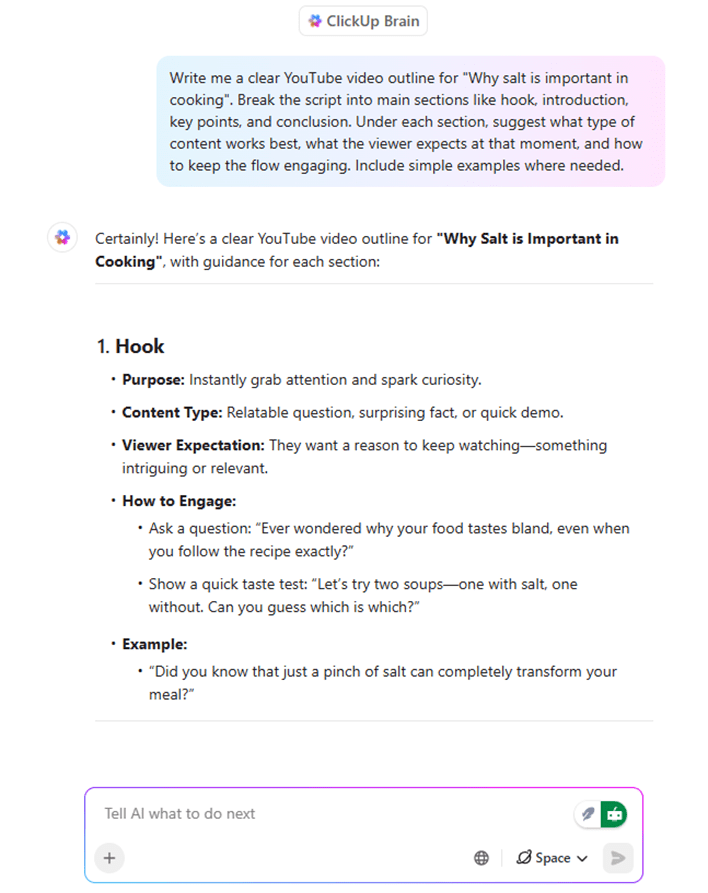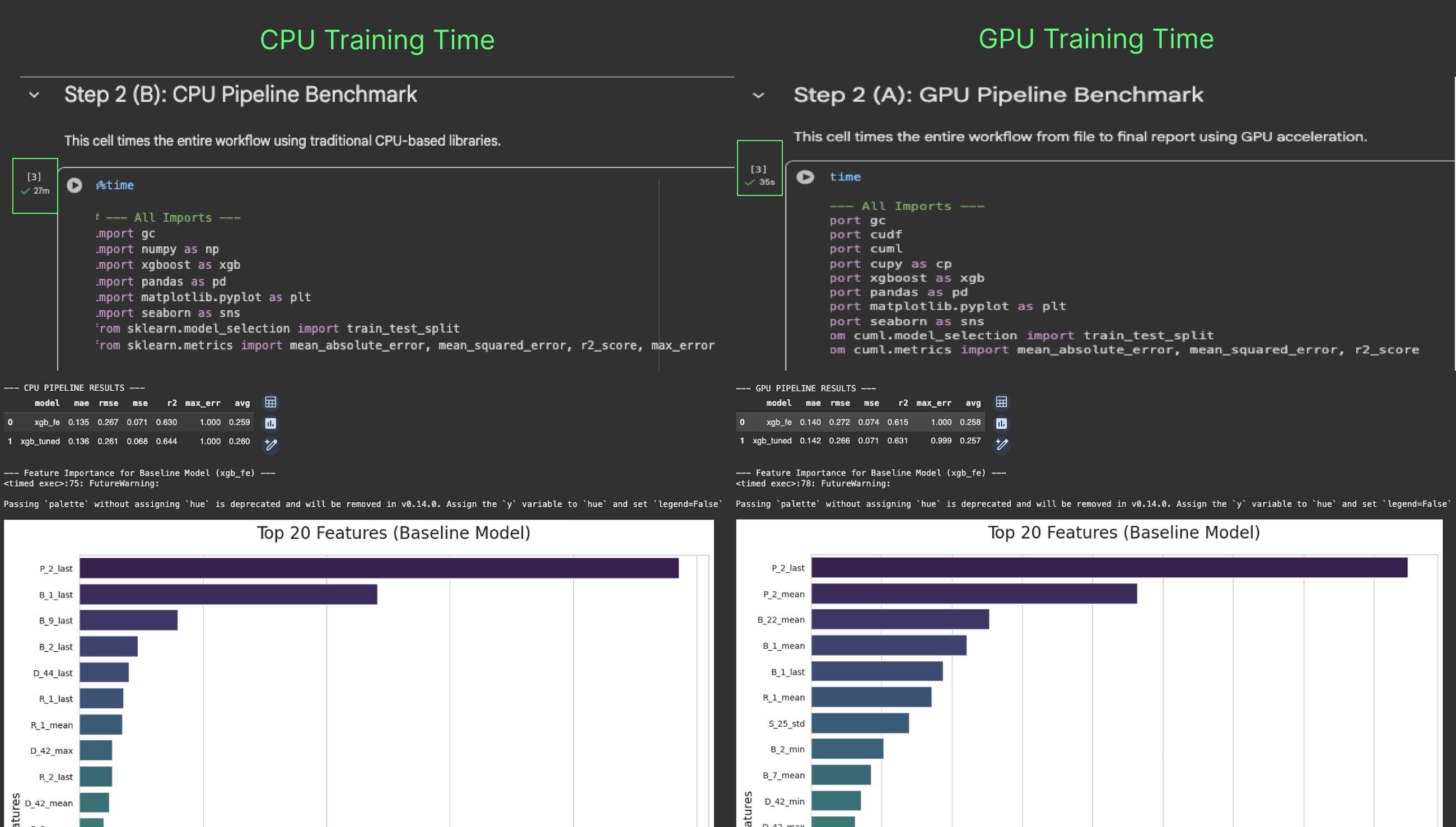This week on the GeekWire Podcast: Mark Briggs, an executive coach, AI strategist, and author from the Seattle region, explains why your “personal operating system” needs an upgrade, and how to use AI to get more time back in your day.
- Mark shares practical tips for turning scattered notes into a useful knowledge base, consolidating your “digital junk drawer” into AI-powered tools that can surface insights.
- He explains how giving AI assistants specific personas — whether it’s a stand-in for your boss or a colleague — can shape the kind of feedback and guidance they provide.
- We also talk about using AI to break procrastination, generate meeting follow-ups, and flag the “most obvious objection” to your ideas.
- And for fun, we play a round of “Bot or Not,” trying to tell the difference between bios of a human collaborator and an AI assistant.
Wait a second, what happens to human executive coaches in the world of AI? Mark answers that question by pointing out that while coaching apps already exist, the accountability of looking another person in the eye is something AI can’t replace.
Listen below, or subscribe in any podcast app, and keep reading for some of the takeaways from the podcast discussion and some of Mark’s recent columns on GeekWire.
Put your notes in one place: Stop scattering thoughts across Google Docs, Evernote, paper notebooks, and sticky notes. Consolidating them into one platform lets AI summarize, connect ideas, and extract insights you’d never find on your own.
Ask AI the “most obvious objection”: Before you send a proposal or share an idea, have AI tell you what the pushback will be. Briggs uses this trick to see blind spots and strengthen his work before others point them out.
Create a BossGPT: Instead of waiting for a manager’s feedback, train a custom GPT on their style and priorities. Use it as a stand-in to pressure-test your ideas and get instant responses that mirror how your real boss might react.
Use AI to generate meeting follow-ups: At the end of a meeting, ask three questions: What did we decide? Who’s responsible? Who else needs to know? Share the answers with your team to create accountability and use the output from the meeting to build an institutional memory.
Related: Leverage the true value of meetings with AI by building an ‘LLM for Leadership’
Summarize your own progress: At the end of a project or a review period, ask your personal AI to analyze your collection of notes and meeting transcripts. Mark does this with six months of his client notes in Notion to find “key areas of growth” and has even asked his AI to summarize his entire year of work to identify opportunities for the next year.
Related: Take note in 2025: Why the new year is the time to revolutionize your personal organization
Challenge your team to rewrite their job descriptions: Instead of just encouraging general learning, give your team a specific mission: find AI tools to automate the tedious parts of their jobs so they can focus on work that requires uniquely human skills.
Related: Reflections from Web Summit: In the AI era, what business value do humans provide?
Subscribe to GeekWire in Apple Podcasts, Spotify, or wherever you listen.
Audio editing by Curt Milton.










